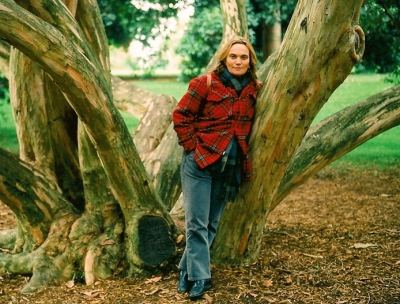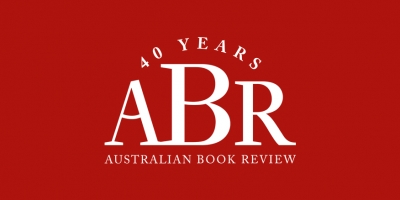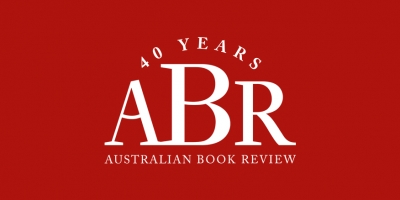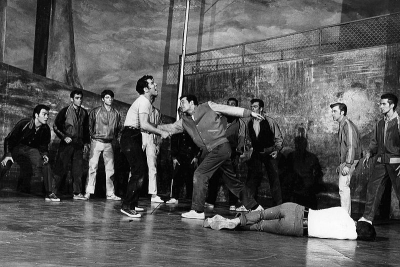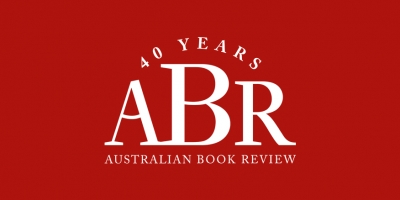Commentary
I heard the Egypt story countless times, but then Dorothy Porter believed that if a story was worth telling, it warranted multiple retellings. In the late 1980s, before Dot and I met, she visited Egypt to gather material for her verse novel Akhenaten (1992). In Cairo, she joined a tour group taking in the major historical sights ...
... (read more)In October, the Australian research and academic community was angered by the revelation that the former Minister for Education and Training, Senator Simon Birmingham, vetoed eleven Australian Research Council (ARC) grants that had been recommended for funding following a rigorous peer-review process ...
... (read more)ABR has asked thirteen academics to respond to revelations that Education Minister Simon Birmingham had vetoed eleven Australian Research Council grants despite the Australian Research Council’s rigorous peer-review process. 'The humanities are the heart of our culture and of our knowledge ...
... (read more)Inspirational Memoirs, Painful Lives, Real Lives – these were the polite terms, the labels you might find on bookshop shelves, but the term that stuck was Misery Literature. The books had plaintive titles like Tell Me Why, Mummy, and Please, Daddy, No, or single-word gut-punches like Wasted, Fractured, and Damaged ...
... (read more)In the Melbourne Museum is a collection of rainforest leaves. Wafer thin, they are not part of the forest gallery that gives visitors a taste of Victoria’s modern-day temperate rainforest. Rather, they are part of an exhibition about the tropical rainforest that Victoria was home to millions of years ago ...
... (read more)We live in strange days. Matters once unlikely to raise a flicker of public criticism can now quickly became raging bushfires of self-righteous anger. Such is the accelerant power of social media. Our public discourse is, however, rarely the better for it. Subtlety and nuance are all too frequently sacrificed on the altar of a supposed moral clarity that, among othe ...
Since I wrote about the golden age of television for ABR’s first film and television issue in 2015, the medium has evolved. Streaming has roared to prominence, with online services like Netflix disrupting television’s form and market as dramatically as cable did to broadcast television in the early 2000s ...
... (read more)'Witch-hunt or a great awakening?: Tensions surrounding the #MeToo movement' by Felicity Chaplin
Earlier this year, following the infamous Barnaby Joyce affair, Malcolm Turnbull called for a rethink of the parliamentary code of conduct to ensure this ‘shocking error of judgement’ on Joyce’s part did not happen again. New ‘guidelines’ would prevent senior politicians from engaging in a sexual relationship with their staffers ...
... (read more)I don’t remember how old I was when I first saw the film version of . As a young girl growing up in north-east Scotland, I didn’t know that it had been adapted from a 1961 novel of the same name by a writer known for her keen observational skills and biting wit called Muriel Spark, or that the story had first appeared, almost ...
... (read more)

